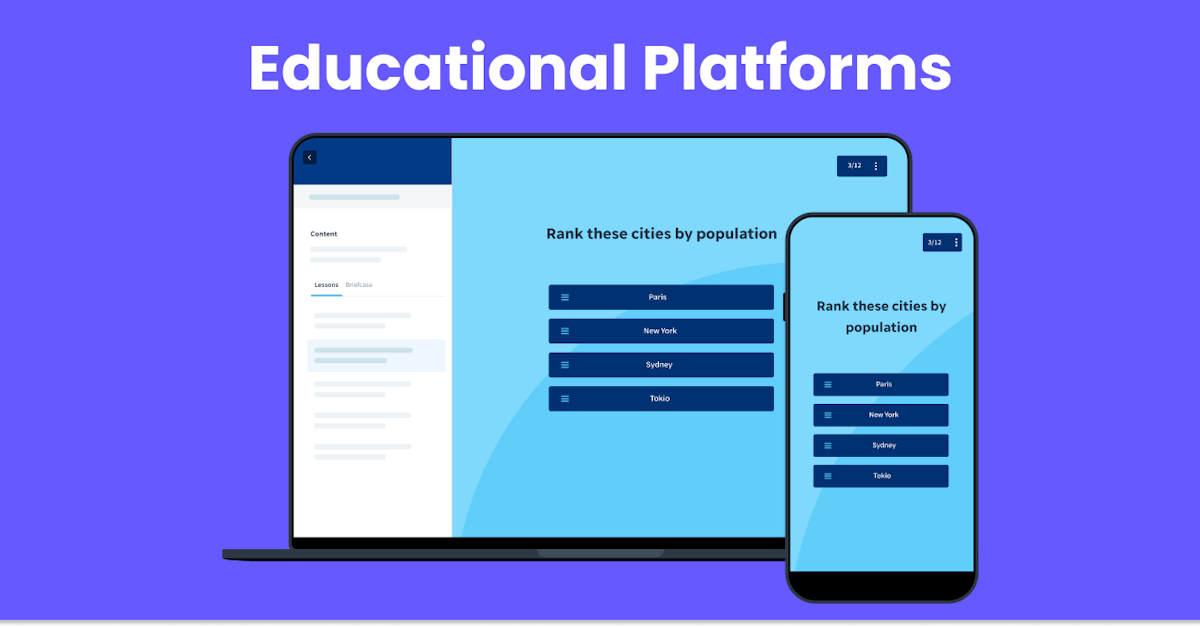Subheading: The Importance of DEI Training in Corporate Settings
In today’s rapidly evolving business landscape, diversity, equity, and inclusion (DEI) have become increasingly vital components of organizational success. Companies are recognizing the value of fostering diverse and inclusive workplaces, not only as a matter of social responsibility but also as a strategic imperative. DEI training plays a pivotal role in helping corporates cultivate cultures that embrace diversity, promote equity, and foster a sense of belonging among employees.
Subheading: Understanding Diversity, Equity, and Inclusion
Before delving into the specifics of DEI training, it’s essential to understand what these terms encompass. Diversity refers to the presence of differences among individuals, encompassing dimensions such as race, ethnicity, gender, age, sexual orientation, and physical abilities. Equity involves ensuring fair treatment, access, and opportunities for all individuals, regardless of their backgrounds or identities. Inclusion entails creating environments where all individuals feel valued, respected, and empowered to contribute their perspectives and talents.
Subheading: Addressing Bias and Discrimination
One of the primary objectives of DEI training is to raise awareness of unconscious bias and discrimination in the workplace. Unconscious biases are deeply ingrained attitudes or stereotypes that influence our perceptions and behaviors, often leading to unfair treatment or exclusion of certain groups. DEI training helps employees recognize and challenge their biases, fostering a more inclusive and equitable work environment where everyone has an equal opportunity to thrive.
Subheading: Promoting Cultural Competence
Cultural competence is another critical aspect of DEI training. It involves developing an understanding and appreciation of different cultural backgrounds, beliefs, and perspectives. By promoting cultural competence, DEI training helps employees navigate diverse work environments more effectively, communicate across cultural differences, and collaborate with colleagues from diverse backgrounds. This not only enhances individual relationships but also contributes to the overall success of the organization.
Subheading: Creating Safe Spaces for Dialogue
DEI training creates safe spaces for employees to engage in open and honest dialogue about sensitive topics related to diversity, equity, and inclusion. These discussions provide opportunities for individuals to share their experiences, perspectives, and concerns, fostering empathy, understanding, and solidarity among team members. By encouraging dialogue and fostering a culture of respect and empathy, DEI training helps create a more inclusive and supportive workplace environment.
Subheading: Fostering Leadership Commitment
Effective DEI training begins at the top, with strong leadership commitment and support. Leaders play a crucial role in driving DEI initiatives and modeling inclusive behaviors within their organizations. DEI training for corporates often includes specialized programs tailored for leaders and executives, equipping them with the knowledge, skills, and strategies needed to champion diversity, equity, and inclusion initiatives and create positive change within their teams and organizations.
Subheading: Implementing Inclusive Policies and Practices
DEI training goes hand in hand with the development and implementation of inclusive policies and practices within organizations. These policies may include initiatives such as diversity recruitment efforts, equitable compensation practices, flexible work arrangements, and inclusive leadership development programs. DEI training helps employees understand and adhere to these policies, fostering a workplace culture that values diversity, promotes equity, and ensures equal opportunities for all.
Subheading: Measuring Progress and Impact
An essential aspect of DEI training is the ongoing measurement and evaluation of progress and impact. Organizations should establish metrics and benchmarks to assess the effectiveness of their DEI initiatives, track key performance indicators related to diversity, equity, and inclusion, and regularly review and adjust their strategies as needed. DEI training helps employees understand the importance of measurement and accountability, empowering them to contribute to the organization’s DEI goals and objectives.
Subheading: Conclusion Read more about dei corporate training


